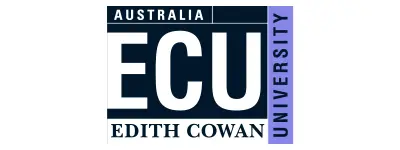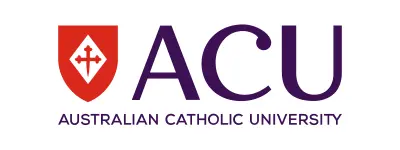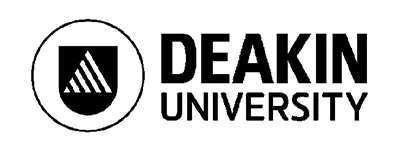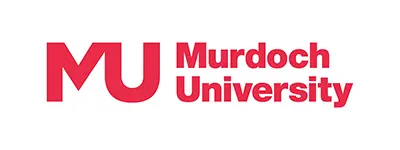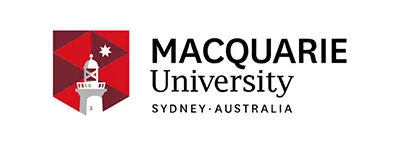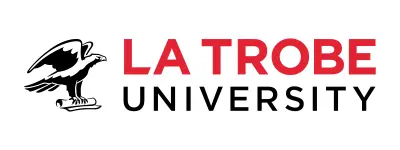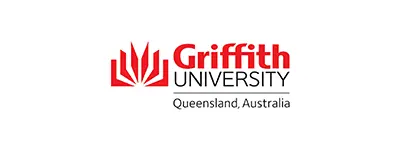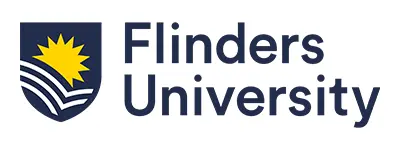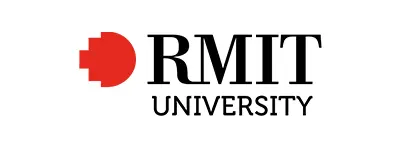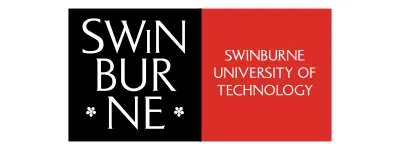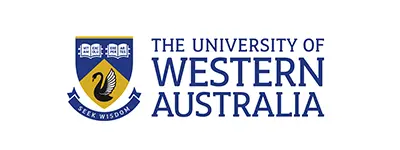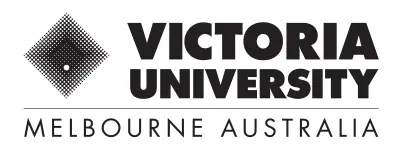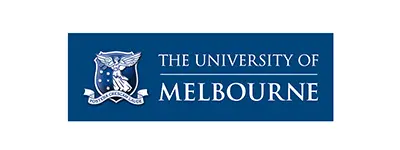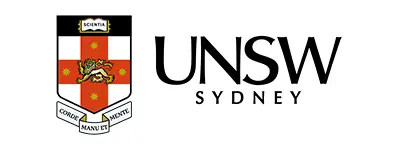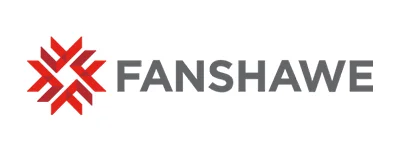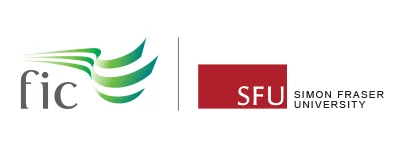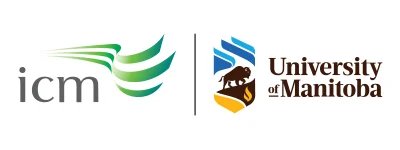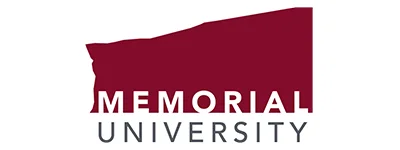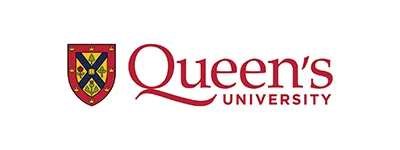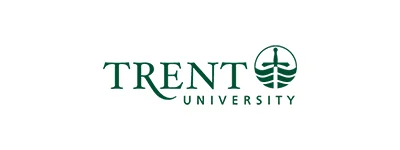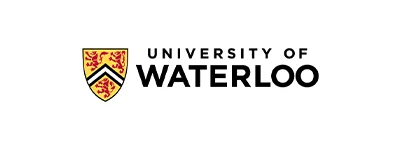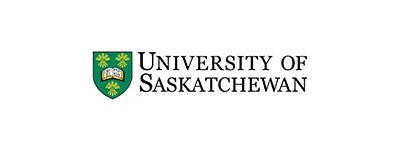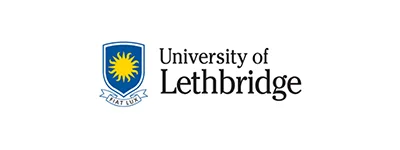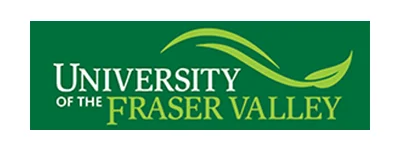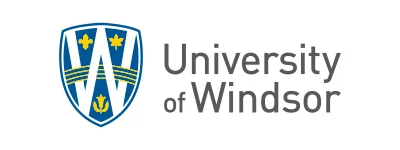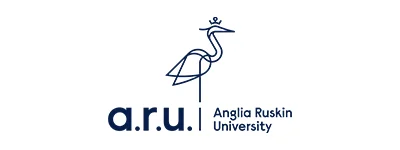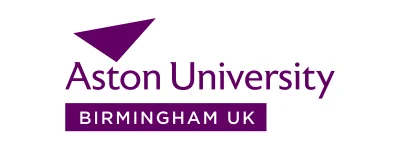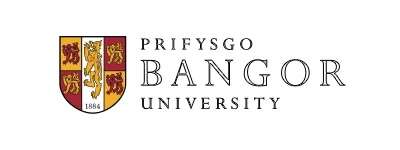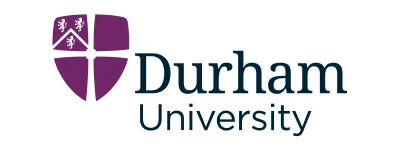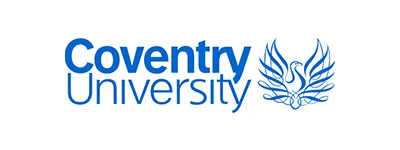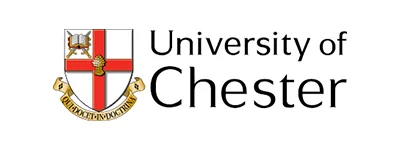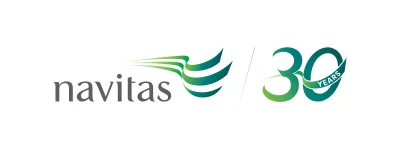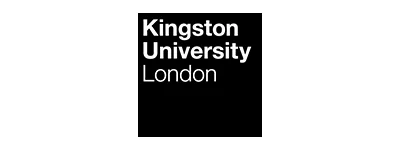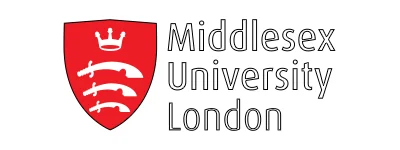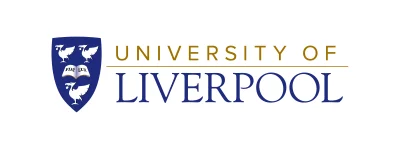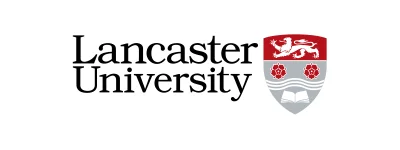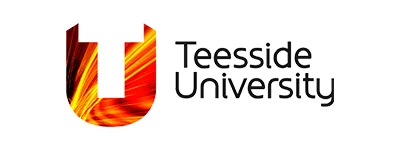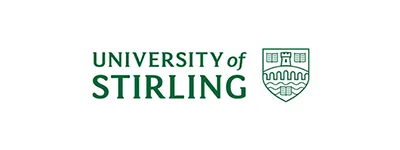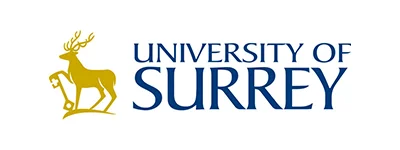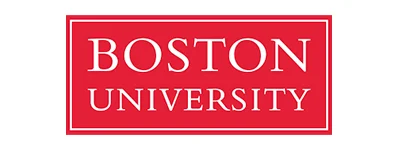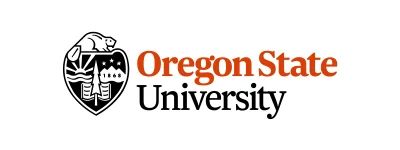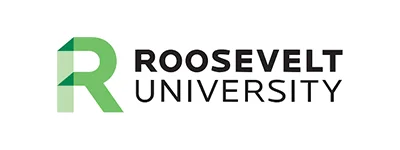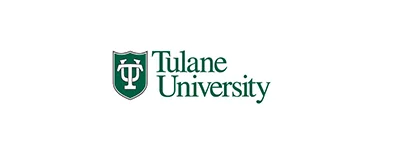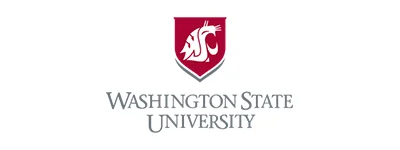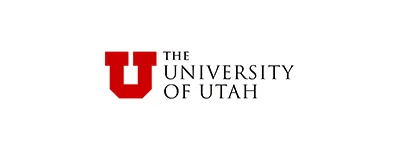There are two main intakes offered by Australian colleges and universities.
- The first Semester starts from February/March to May/June
- Second Semester starts from July/August through to November
February & July
Ranked Institutions
Listed Institutions
Australian Dollars
Australian universities are internationally renowned, as evident from the fact that seven universities in Australia’s Group of Eight – Go8 are in the top 100 worldwide. That is not all. The country also provides a high standard of living and a multicultural environment where diversity is respected, making the study abroad experience of international students all the more memorable.
If you are planning to study in Australia. You are on the right platform. Go ahead!
Australia allows students to Work part-time for up to 20 hours per week during the term-time and 40 hours per week during summer break.
Most universities in Australia does not require students to take SAT / ACT or GMAT / GRE for undergraduate or postgraduate admissions
Student can finish their undergraduate degree in Australia in just 3 years, which is quicker than in the USA and Canada.
Students who have completed six months or more of study in Australia can switch to another university at same qualification level.
Graduates who finish their degree in Australia are eligible for up to 5-year Post-study work permit, followed by a Australian Permanent Residency visa.
Australia has 37 public and 2 private universities, offering a post-secondary education that is very similar to the UK education model. Here are wide range of study options available for international students, whether from high school, bachelor’s, or master’s backgrounds.
A Foundation Year serves as a bridge for students who don’t meet direct entry requirements for undergraduate programs. It provides essential skills and knowledge, enabling a smooth transition to degree-level studies.
International Year One programs in Australia replace the first year of a Bachelor’s degree. It is different from Foundation Year, which is a complete preparatory program for a year. International year 1 allows you to replace the first year of an undergraduate degree instead of pursuing an add-on introductory year for your degree.
Pursuing an Undergraduate Degree in the Australia offers in-depth knowledge in various fields. Undergrad programs usually last four years and cover a wide range of subjects, allowing students to specialize in their chosen fields.
For those seeking advanced expertise, a Master’s Degree provides specialized knowledge and research opportunities. Most Master’s programs last one year, offering intensive studies in specific disciplines.
English language courses are essential for non-native speakers. These programs enhance language proficiency, ensuring students can effectively participate in academic and social contexts.
Applying to universities in Australia is easy. However, student needs to be careful with documents planning and GST process. Basic admission requirements for international students are similar across all universities and include:
Please note, these are basic admission requirements and may vary based on your country of residence. Once the application is accepted, you may need to meet additional conditions such as tuition fee payment, interview, student health insurance cover, updated bank statement etc. before the university issues a Confirmation of Enrolment (CoE) letter.
Australian universities often allow a study gap of 1 to 2 years at the undergraduate level, including Foundation, Diploma, and direct entry to UG. However, admission criteria may differ between institutions.
For postgraduate degree in Australia, it’s advised to limit the gap to 5 years. If the gap exceeds 5 years, a thorough justification with evidence is required.
Proof of the student’s English language ability is crucial for studying in Australia. A widely accepted evidence of English language proficiency is the IELTS test, the scores of which are accepted by almost all universities in Australia.
However, it is also possible to study in Australia without IELTS. Several universities offer the alternative of pathway programs or taking a different exam in place of the IELTS.
Top Australian universities that provide options like pathway programs or other proficiency tests include:
These universities are top-rated among students because they provide high-quality education at a reasonable price. To find the best Australian universities according to your budget and study preference, arrange a free consultation with JnS Education today!
Please note, February Intake is considered the main among the Australia intakes for international students
The tuition fee for international students differs according to the level of study and degree pursued. In universities, tuition fee for both Bachelor’s and Master’s degrees range between AUD 28,000 to AUD 60,000 a year. However, colleges offer lower tuition fee somewhere in the range between AUD 21,000 to AUD 30,000 a year.
On average, the study expenses fall within the following range of prices:
Foundation in Australia = AUD 25,000 – AUD 28,000
Undergraduate in Australia = AUD 25,000 – 45,000
Postgraduate in Australia = AUD 26,000 – 50,000
For international students, tuition fees, usually 1st semester fee, and student health insurance (OSHC) must be paid before you can get CoE (confirmation of Enrollment).
The cost of living in Australia depends on where you choose to live and your preferred lifestyle. Cities such as Perth and Darwin in the western and northern states are much cheaper compared to urban areas like Melbourne and Sydney, where the cost of living is higher.
At a glance
Working part-time can help manage your living expenses and part of your tuition fee
Make sure you have enough funds to support your family.
After getting a CoE letter from an Australian institution, you’ll need a student visa (subclass 500) before travelling to Australia. The visa type and duration depends on your study level and program length.
To apply for a student visa to study in Australia, following actions and documents needed:
Fill an online visa application at the Department of Immigration and Border Protection (DIBP) website
A valid passport with minimum 6 months validity
Polio Certificate
Passport-sized pictures (white background)
Confirmation of enrolment (CoE) letter
Health insurance cover (OSHC)
A Genuine Temporary Entrant (GTE) statement
Financial evidence that you can afford remaining tuition fees, first year living expenses and return air tickets
Under 18 year students will be required to submit additional documents, such as parental consent form
The Group of Eight (Go8) Universities in Australia comprises eight leading universities focused on research-based learning. These universities are among the most prestigious and top-ranked universities in the world
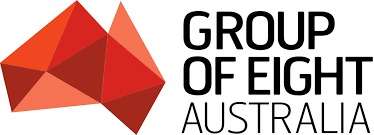
Click here to view the list of all universites and colleges in Australia
Discover your study abroad possibilities in Australia with our free consultation. Our counselors will guide you to a successful journey. Connect today!”
Studying abroad gives you the chance to explore different cultures as well as gain qualifications that can help you get into your dream career.
You can apply for a student subclass 500 visa for studying in Australia during your study program which is valid for up to 5 years. Additionally, Dependents wishing to travel with the applicant can apply for a dependent visa.
To obtain a globally recognized education from Australia, book a free consultation with the expert counselors at JnS Education today!
All universities in Australia accept 1-2 years of gap. Students should provide genuine reasons along with reliable documents to provide reasons for the study gaps.
The government of Australia provides Destination Australia Scholarship, Endeavour Scholarships, and Fellowships which offers financial assistance for research and professional development to international students in many fields.
There are two main intakes offered by Australian colleges and universities.
